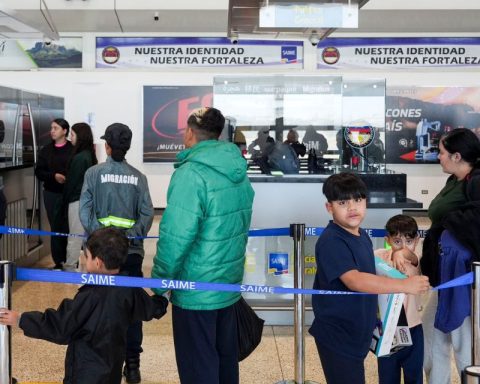The National Gas Regulatory Entity (Engargas) estimated that the construction of the first section of the Néstor Kirchner gas pipeline will allow “in the short term” savings in subsidies of US$ 1,000 million per yearwhile generating a positive impact on the energy trade balance for around US$1.8 billion.
“It is estimated that in the short term, with the construction of the Tratayén – Salliqueló section, subsidies for the National State of close to US$1,000 million per year could be saved,” says the Enargas statement.
In this sense, the information adds that it will also generate a “positive impact on the energy trade balance, due to less imports and more exports, which would be around US$1,800 million per year, allowing to improve the public income of the provinces by more than US$100 million year”.
The head of Enargas, Federico Bernal, highlighted the importance of having recovered YPF to develop an energy agenda with investments that include the construction of the Néstor Kirchner gas pipeline.
“The launch of this extraordinary work takes place a decade after that strategic decision made by former president Cristina Fernández de Kirchner to recover YPF for the country and for all Argentines,” said Bernal.
The Néstor Kirchner gas pipeline will be “a core component of the set of works included in the Program to Transport Argentine Gas (“Transport.Ar”), created by Resolution No. 67/22 of the National Energy Secretariat.”
The objective of this program is to carry out a package of works, among which are, in addition to the aforementioned gas pipeline, “the Mercedes-Cardales gas pipeline, the expansion of NEUBA II, the reversal of the North Stages I and II, the expansion of the gas pipeline Central West and the expansion of the final sections of gas pipelines in the AMBA”.
The President in Vaca Muerta
President Alberto Fernandez led this Thursday at the Loma Campana site in Dead cowprovince of Neuquén, the commissioning of the pipeline construction “President Néstor Kirchner”, which will allow the expansion of gas transport capacity, internal supply and national energy integration through an investment of approximately 3,400 million dollars that will be financed with funds from the Treasury and the Solidarity and Extraordinary Contribution.
“Today we are highlighting something very important for the development of Argentina, because there is no possibility that the country will develop without industry, nor that industry grow without energy, nor that energy come from anywhere other than Argentine soil” , said the president accompanied by the governors of Neuquén, Omar Gutiérrez, and Buenos Aires, Axel Kicillof; the secretary of Energy, Darío Martínez, and the president of YPF, Pablo González.


















